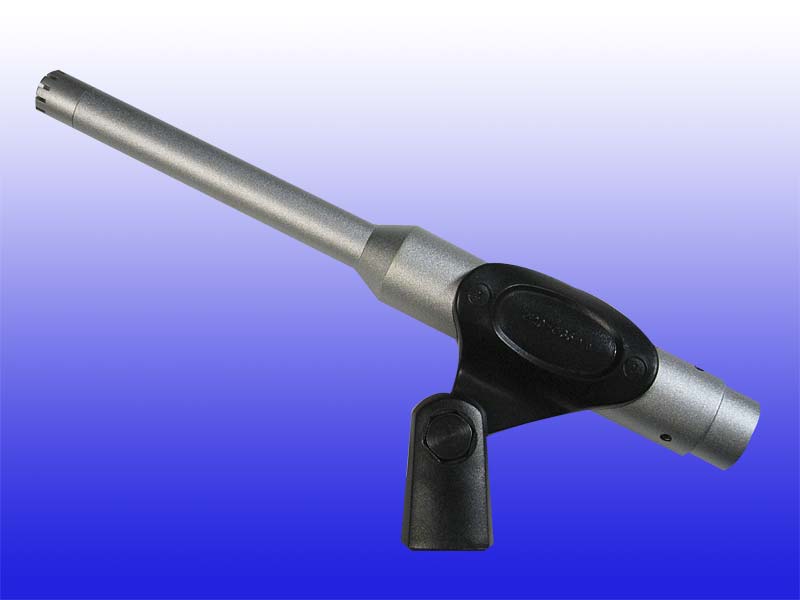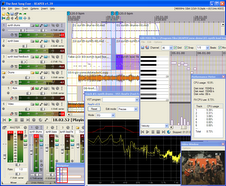Software
There's not much to think about when it comes to software. There's one AMAZING piece of recording software out there that you've never heard of, and you can buy for less than $50 (for a non-commercial license). It's not as pretty or as well known as Pro Tools or the other major software brands, but it can do all the things those programs can do, and probably more. It's still in development, and I'm convinced that in a couple of years when it's ready for mass release it'll be overtaking the home/pro recording industry.
But for now it works just as well as software that you'll pay $1000-2000 for, and there's new features and improvements being added daily. Are you ready for the name? Reaper. Go to www.reaper.fm and download their uncrippled, unexpiring shareware to try it out. Once you get used to it, you'll never go back to paying thousands for software. I was using Nuendo when I found Reaper. Nuendo 3 is ten times the cost of the commercial version of Reaper, but Reaper is still my preferred software!






